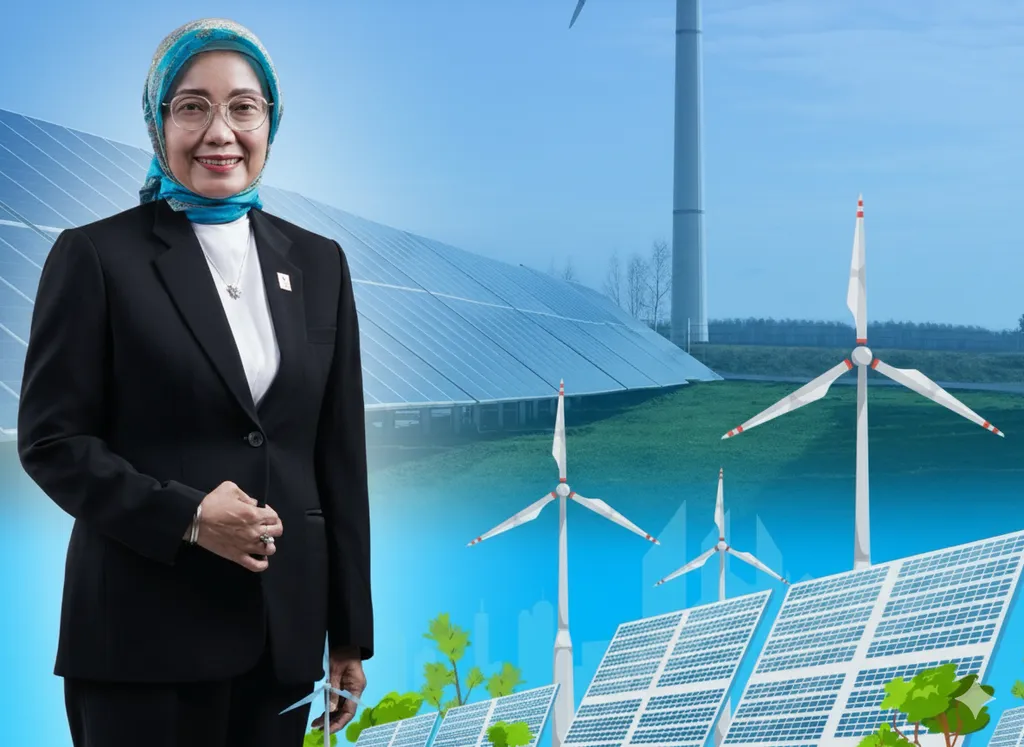PLN Enjiniring’s strategic pivot towards hybrid renewable solutions for Indonesia’s remote and island regions marks a significant inflection point in the country’s energy transition. By targeting over 5,200 diesel units for conversion into solar-plus-battery systems, the company is not merely addressing immediate energy needs but is laying the groundwork for a distributed energy ecosystem that could redefine power supply dynamics in isolated regions.
The shift away from diesel is driven by economic pragmatism as much as environmental necessity. Diesel generation in remote areas is notoriously expensive, plagued by volatile fuel prices and logistical challenges. Hybrid microgrids offer a compelling alternative, promising reduced operational costs, improved reliability, and long-term financial predictability. This economic logic is likely to attract private capital, particularly as PLN Enjiniring prepares an investment framework that could expand significantly in the coming years.
The pilot projects in Nusa Penida and Bawean are more than just test cases; they are proving grounds for a new operational model. The integration of automation, renewable forecasting, and adaptive dispatch in these locations is setting a precedent for how hybrid systems can balance variable renewable energy with existing infrastructure. Success here could accelerate the replication of this model across hundreds of sites, further entrenching hybrid microgrids as the standard for remote electrification.
The regulatory landscape is also evolving to support this transition. The revision of Presidential Decree 112/2022 is expected to provide clearer guidelines on renewable energy pricing and procurement, particularly for hybrid systems in isolated regions. This policy update could be a game-changer, enabling more structured investment participation and long-term financing approaches. A consistent regulatory environment would not only facilitate the scaling of hybrid microgrids but also foster innovative partnership models, crucial for the sector’s growth.
PLN Enjiniring’s intention to expand partnerships through Build-Own-Operate schemes, co-ownership structures, and strategic collaborations signals a new phase of collaboration. This approach could unlock technological and financial resources necessary for nationwide deployment, while also fostering knowledge sharing and innovation.
The implications for the energy market are profound. As hybrid microgrids become more prevalent, they could disrupt traditional power supply dynamics, potentially reducing reliance on centralized grids and fossil fuels. This shift could also open new avenues for investment, particularly in renewable energy technologies and energy storage solutions. Moreover, the success of these projects could inspire similar initiatives in other countries with remote or island regions, creating a ripple effect in the global energy transition.
However, challenges remain. The successful scaling of hybrid microgrids will require not only technological and financial investments but also robust policy support and stakeholder collaboration. Ensuring the reliability and affordability of these systems will be critical to gaining public and investor confidence. Additionally, the integration of these microgrids with the national grid and other energy systems will need careful planning to avoid fragmentation and ensure system-wide stability.
In the broader context, PLN Enjiniring’s initiatives could accelerate Indonesia’s progress towards its renewable energy targets and contribute to its commitments under the Paris Agreement. By demonstrating the viability of hybrid microgrids, the company is not only reshaping the power supply of remote regions but also setting a precedent for the future of energy in Indonesia and beyond. The coming years will be pivotal in determining the trajectory of this transition, with the potential to redefine the country’s energy landscape and inspire similar transformations worldwide.

